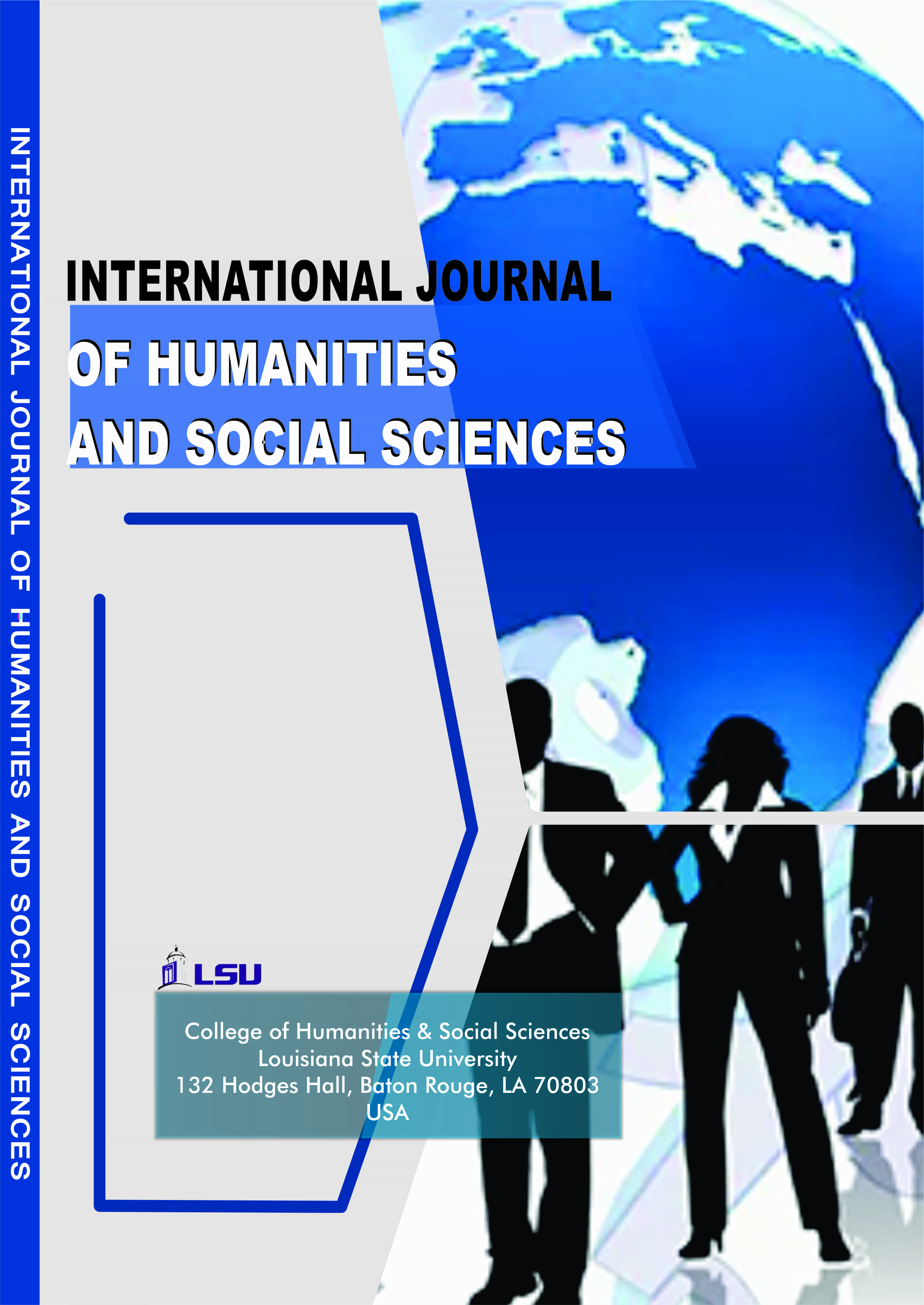INTERNATIONAL JOURNAL OF HUMANITIES AND SOCIAL SCIENCES (IJHSS)
Religion and Political Polarisation in Nigeria: A Historical Overview
E-ISSN: 3435-6457
P-ISSN: 8654-3552
DOI: https://iigdpublishers.com/article/678
Nigeria has experienced increasing political polarisation along religious lines. This paper examines the complicated affiliation between religion and political polarisation in Nigeria. It designed to explore how religious identities and affiliations shape political discourse, voting forms, and social communications. The research reveals how political actors exploit religious differences to mobilize support, create divisions, and consolidate power. The findings highlight, the instrumentalization of religion in political campaigns and rhetoric, the strengthening of denominational stereotypes and prejudices, the loss of trust and social interconnection across religious lines and the challenges to democratic alliance and national unity. This study contends that addressing religious-based political polarisation is central to Nigeria's democratic solidity and development. By understanding the complex dynamics between religion and politics, stakeholders can develop policies to promote an all-encompassing governance, interfaith dialogue, and social cohesion which will eventually allay the disparaging costs of political polarisation.
Joseph Zuobofa Opuowei PhD
Abubakar, A. A. (2016). "Freedom of Expression in Nigeria: The Dilemma of a Democratic Governance." In A. A. Abubakar (Ed.), "In the Whirlwind of Jihad" (pp. 371-394). University of Rochester Press.
Adogame, A. (2010). How God became a Nigerian: Religious impulse and the unfolding of a nation. Journal of Contemporary African Studies, 28 (4), 479-498.
Dudley, B.J. (1968). Parties and politics in Northern Nigeria. London: Frank Class and Company Limited.
Ehusani, G. (2021). Religion and Nigerian Politics: The Case of the Religious Right. African Studies Review, 44(3), 69-93.
Falola, T., & Heaton, M. M. (Eds.). (2018). Christianity and Social Change in Africa: Essays in Honor of J. D. Y. Peel. Durham: Carolina Academic Press.
